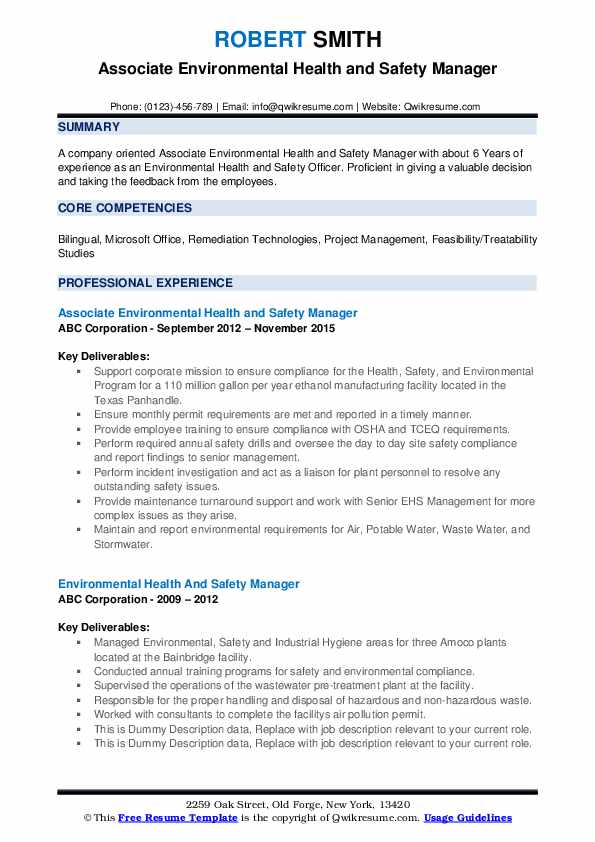
Retirement advisors review and analyze the client's financial position, annual income, and outstanding debts in order to develop a custom retirement plan. This plan serves as a guideline for clients' retirement decisions. Advisors can also make recommendations on a range of retirement planning products. Clients should expect to pay a fee when working with advisors.
Qualifications for a retirement advisor
Among the qualifications of a retirement advisor is the ability to manage retirement funds effectively. As such, it is important to be educated in the fields of economics, taxation, and retirement planning. These credentials can increase your credibility, and you will be a valuable asset in the eyes of clients.
For those who are interested in becoming a retirement advisor, a bachelor's degree will be required. It is a good idea to have a degree in finance, business or another related field. However, experience is still the best teacher, and many advisors learn their craft by doing real-world work. Generally, new advisors undergo on-the-job training, which can last up to a year. This training helps them to learn their duties and establish a network. Additionally, they will need to complete certification programs which require additional work experience and schooling.

Cost of a retirement consultant
Although every person is different in cost, there are some common guidelines that you can use to help you choose the right advisor. In general, the fee ranges from $700 to $3,500, but fees are not always tied to the value of the investments you purchase. Before you sign anything, be sure to inquire about any fees. In addition, be sure to ask about whether follow-up meetings are included.
Some advisors charge a flat fee and do not charge assets. Others charge a flat annual or monthly fee. The initial fee for fee-only advisors can be as much as $1,000. Although the initial fee is higher due to the amount of work required, subsequent meetings should not be expensive.
Conflicts in interest when working with a retired advisor
It is not easy to work with a retirement adviser. While advisors are supposed not to be in your best interest but can sometimes cause conflicts of interests when financial advisors get back-door and hidden fees. This could cause them to direct you to low-return and high-cost investments with hidden fees. Clients lose approximately one percentage point annually in their investments as a result.
Conflicts of interest can arise from relationships with other professionals, organizations and centers of influence. Compliance guidelines require advisors disclose their business affiliations, and to explain how they manage conflict of interest. Conflicts of interest are still allowed, but not prohibited by these guidelines. An excellent retirement advisor should disclose any financial relationships to which they may be affiliated.

Time to hire a retirement adviser
A financial advisor may be right for you if you're just starting out in your career, or planning for retirement. A financial advisor can help you plan your retirement benefits and avoid financial hardship later in life. Advisors should have the experience and expertise to offer sound advice. A qualified advisor can also help you to choose the best insurance policies and strategies to minimize your tax liability.
Interviewing multiple advisors will help you to choose the right one. You might want to pick someone who has experience with clients like yours, even those of color. You can also ask about the fees and whether they charge by the hour, retainer, or percentage. Make sure you have a written contract with your financial advisor before hiring them.
FAQ
How can I find clients for my consulting business?
Finding a passion area is the first step. You could choose anything from public relations to social media, but it should be something you love. You may need to start small and find a niche market like web design. Once you have found the niche market, you need to understand why it works. What problems does the solution solve? Why should people use them? But most importantly, what can you do to help them?
You can also contact businesses directly.
If all else fails, why not offer your services at free events like networking evenings and conferences? You'll meet many potential customers without spending money on advertising, and you'll be able to show off your skills.
Is it possible to run a consultancy business from home?
Absolutely! Many consultants do this already.
Many freelancers work remotely via tools such as Skype, Trello and Basecamp. They often create their own office space so they don't miss out on company perks.
Freelancers might prefer to work in libraries or cafés, rather than traditional offices.
Some choose to work remotely because they are surrounded by their family.
Of course, working from home has its pros and cons. But if you love your job, it's definitely worth considering.
What is a consultant?
Consultants are people who provide services to others. Consultant is not just a job title. It's a position where you help people achieve their goals. This involves helping them to understand their choices and making the right choices.
Consultants have the ability to solve any problems or challenges that may arise from projects. They can provide guidance and advice on how to implement the solutions.
Consultants should be able and willing to answer any questions regarding business, technology or finance, leadership, strategy, customer service, legal, management, leadership, management, law, management, law, procurement, legal, marketing, human resources, etc.
What degree do I need to become a consultant?
Studying a subject deeply and then applying your knowledge is the best way for you to become an expert.
If you are interested in becoming a great advisor, then start learning now!
You may not be able to get hired if you don't have relevant experience but a degree. If you have demonstrated that you have studied the same subjects as those who received the jobs, then you may still be eligible to apply.
Employers will always be attracted to candidates who are able to apply their real-world skills.
Is it possible to be a consultant?
Consultants are people who help you reach your goals by giving advice about how to make it better, faster, or cheaper.
You may need a consultant to help you with problems, make decisions or negotiate with others.
Consultants can be hired to assist with specific tasks or projects.
Actually, most consultants get paid hourly and daily rates, rather than per-project.
What qualifications does a consultant need?
It doesn't suffice to hold an MBA. You also need to be able and willing to work as a business advisor. At least two years experience in training and/or consulting for major companies is required.
It is essential that you have experience working closely with senior management on strategic development projects. This requires you to feel confident presenting ideas to clients, and getting buy-in.
You'll also need to pass a professional qualification exam such as the Chartered Management Institute's Certified Management Consultant (CMC) certification.
How is consulting different from freelancing
Freelancers are self-employed individuals who offer their services to clients without employees of a company or agency. They usually charge an hourly rate based on how much time they spent on a project. Consultants work for companies and agencies that employ them. Their salaries are often paid monthly, or annually.
Consultants often have more flexibility, while freelancers can choose to work when they want and set their own rates. Consultants often offer better benefits such as vacation days and retirement plans, health insurance, and vacation days.
Statistics
- So, if you help your clients increase their sales by 33%, then use a word like “revolution” instead of “increase.” (consultingsuccess.com)
- 67% of consultants start their consulting businesses after quitting their jobs, while 33% start while they're still at their jobs. (consultingsuccess.com)
- On average, your program increases the sales team's performance by 33%. (consultingsuccess.com)
- Over 50% of consultants get their first consulting client through a referral from their network. (consultingsuccess.com)
- "From there, I told them my rates were going up 25%, this is the new hourly rate, and every single one of them said 'done, fine.' (nerdwallet.com)
External Links
How To
How To Find The Best Consultant?
When searching for a consultant, the first thing you should do is ask yourself what your expectations are. Before you begin searching for a consultant to help you, you should be clear on your expectations. It is important to make a list with all the requirements you have for a consultant. This might include skills such as project management, professional expertise, communication, availability, and technical skills. After you have outlined your requirements, you might want to ask friends and colleagues for recommendations. Ask your friends or colleagues about any negative experiences they have had with consultants, and compare their recommendations with yours. You can also do some online research if you don't know of any. There are many websites, such as LinkedIn, Facebook, Angie's List, Indeed, etc., where people post reviews of their previous work experiences. You can use the comments and ratings left by others to help you find potential candidates. Once you have a shortlist, be sure to contact potential candidates directly to schedule an interview. At the interview, it is important to discuss your requirements and get their feedback on how they can help. It doesn’t matter who recommended them to you, just make sure they understand what you are trying to achieve and how they can help.